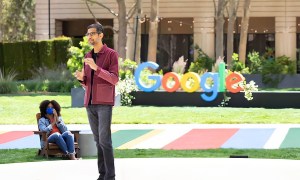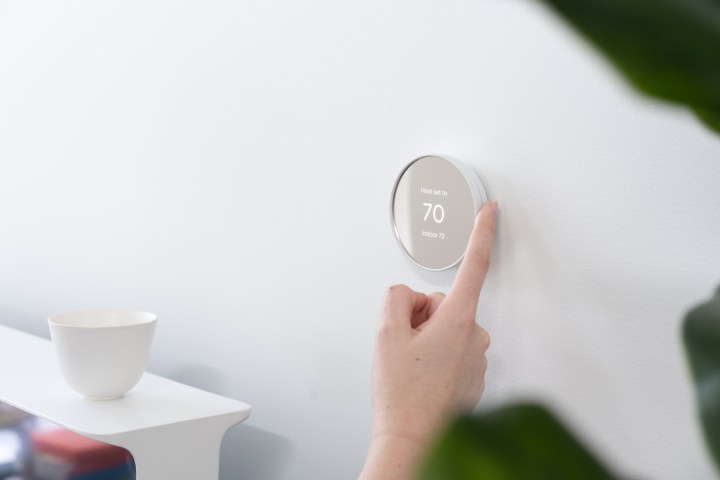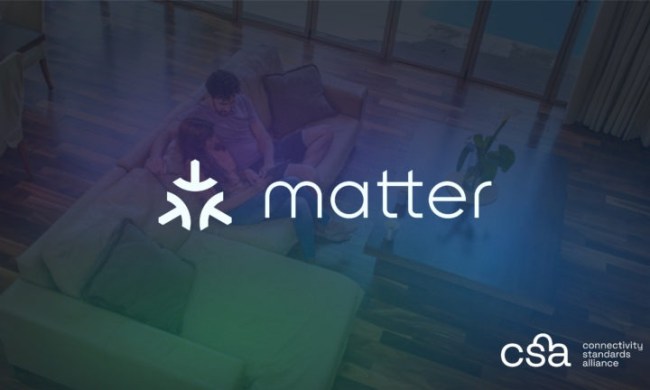
Building a smart home system and experiencing its multiple benefits is a tremendous feeling. From on-the-go controls and automation to real-time views of live security cameras and doorbells, your smart home can effectively go anywhere with you. The only trouble for those looking to diversify hardware is that, in typical Hatfields and McCoys fashion, product families rarely intermingle and get along. This is to say that if you’re primarily a Google Assistant-powered homestead, adding in Alexa or HomeKit devices and getting them synced with your Assistant tech can be quite a hassle. Until now, that is.
In a recent blog post, Google announced that the company’s Android and Nest divisions, along with a myriad of other smart home developers, are working together on a cross-brand protocol for smart home ecosystems that is code-named Matter. Combining proven practices and technologies built around security and seamless connectivity, Matter is intended to provide a formative cross-brand experience in the smart home, both for developers and product owners.

In the same post, Google claims that upcoming Android and Nest hardware will begin hosting Matter tech, making for faster device setup, compatibility across brands, and a wider net of control apps. A Google technology called Thread, introduced in 2014, will also begin working hand in hand with the Matter suite. Developed as a performance enhancement tool for Google’s smart tech, Thread and Matter will join forces to provide faster and stronger connections for your entire smart home system.
So, what exactly does this mean for you and your gear? By as early as year’s end, you may be able to manage multiple smart devices through a single app, essentially beinging Alexa, Assistant, HomeKit, and SmartThings hardware all under one roof. While specific settings may still need tweaking within first-party applications, a unified portal where multiple smart tech families coexist — and can exchange info seamlessly — is certainly an improvement on the an-app-for-each-brand world we’re used to. Right now, standards like IFTTT are helpful tools for getting brands to work together with current protocols, but Matter looks to negate the extraneous steps of building programming through the platform simply to get Device A to talk to Device B.
It may be some time before Matter is fully up and running (reports indicate we may be waiting until 2022), but the promise of easier hand-shaking across the smart home marketplace is an exciting mass integration to look forward to.



